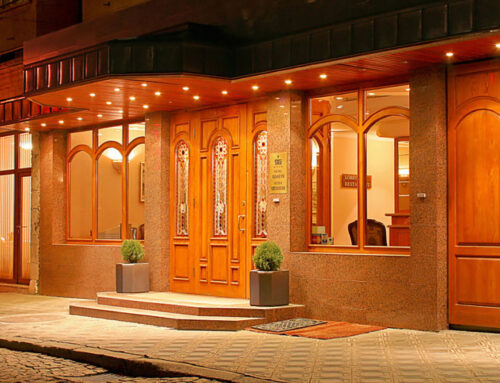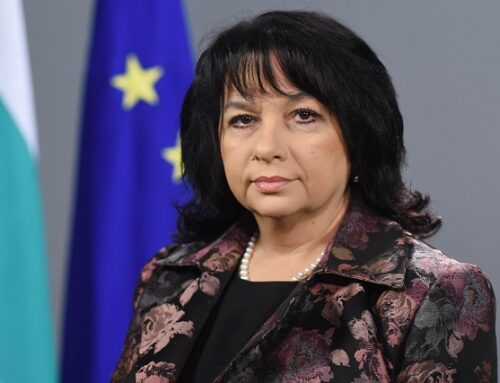The Ministry of Economy, Energy and Tourism is working hard to ensure Bulgaria’s sustainable development. The tourism industry is a top priority for the ministry, which will use some of the EU funding Bulgaria has received to promote Bulgarian tourism in global markets.
Traycho Traykov, Minister of Economy, Energy and Tourism, explains that Bulgaria concentrated on mass tourism in the past but the ministry’s new tourism strategic plan promotes sustainable cultural and alternative tourism as well. He says, “Bulgaria’s cultural attractions are among the richest in the world. We have architectural landmarks and artifacts from Byzantium, Roman and Thracian times. Our main goal is to add value to Bulgaria’s tourism offerings.”

Spa and wellness tourism is another growth area for Bulgaria, Minister Traikov believes. He says, “Bulgaria has around 600 hot springs, and around 140 of them already have tourism infrastructure. We are preparing spa packages and we see spa tourism as a good match with our cultural and alternative tourism.”
Focus on quality rather than quantity
The ministry is going for quality instead of quantity. Traycho Traykov says, “Bulgaria is a relatively small country with limited natural resources and varied landscapes that we would like to preserve. We can only handle so many tourists, so our idea is to offer them a richer experience and encourage them to stay longer.”
In the energy sector, the ministry’s priorities are to reduce Bulgaria’s CO2 emissions, make better use of the country’s natural energy resources, and boost energy efficiency. “Our only domestic energy resource is coal, so we are developing a pilot programme for clean coal energy,” Minister Traykov points out. He notes that Bulgaria has made excellent progress in reducing its emissions and in increasing its energy reserves, in spite of the fact that the country was required to close four of its nuclear plants as a condition of joining the EU.
Now the ministry is pushing forward full liberalisation of Bulgaria’s energy sector and is setting up new international tenders in energy projects. “We have unbundled electricity distribution, we are on track for full energy sector liberalisation, and we have made the tender process transparent,” Traycho Traykov says.
The ministry is working hard to attract more international investment. Traycho Traykov concludes, “We would especially like to see investment in innovative activities and sectors. Bulgaria has low costs of doing business, notable attractive tax rates and is decreasing the administrative burden. We have ambitious plans for the future.”




